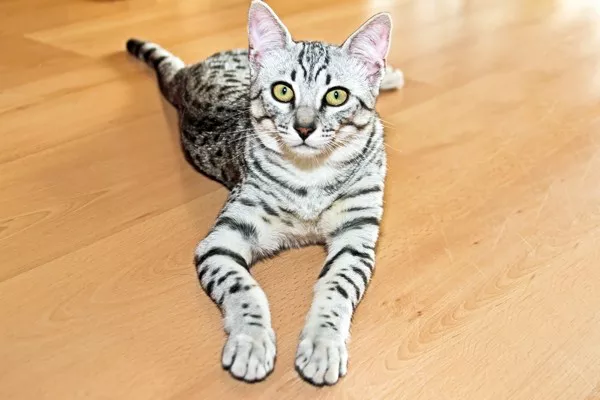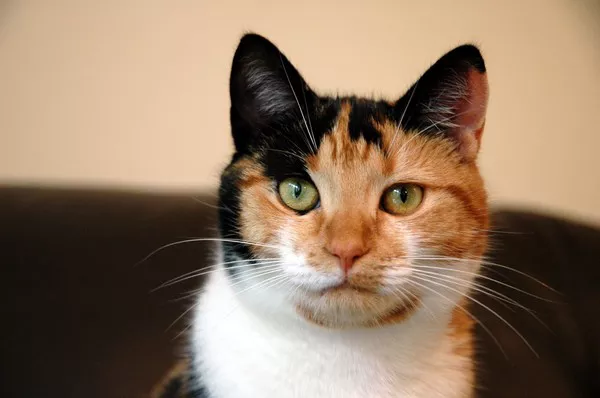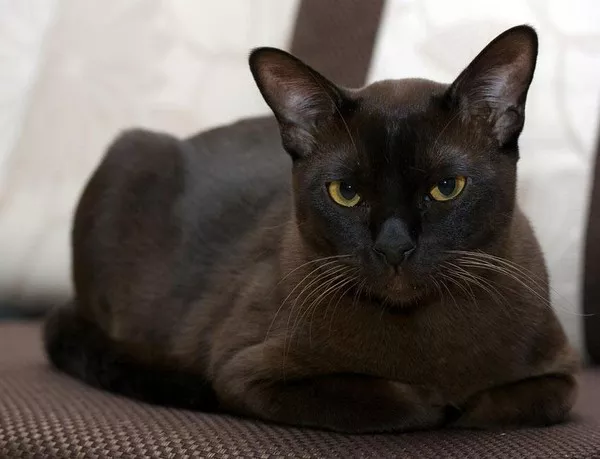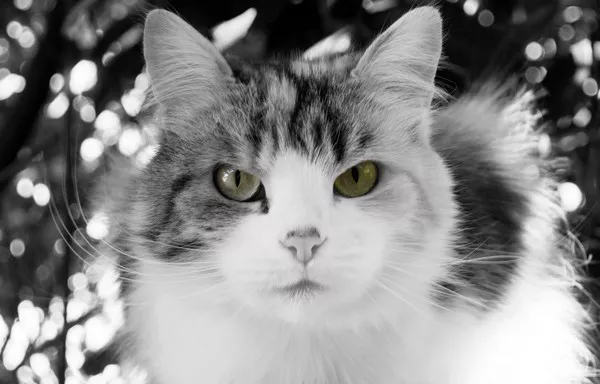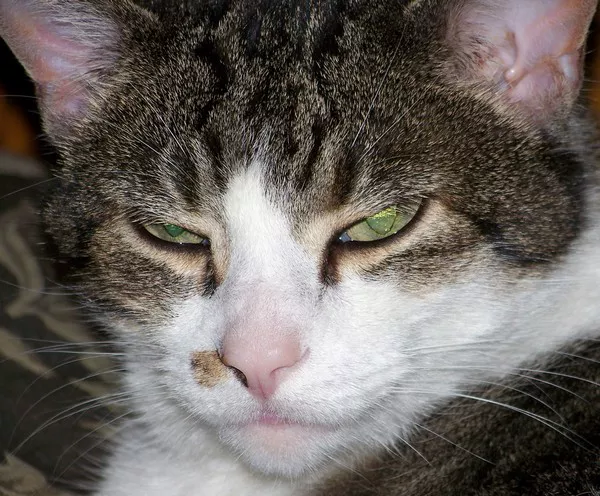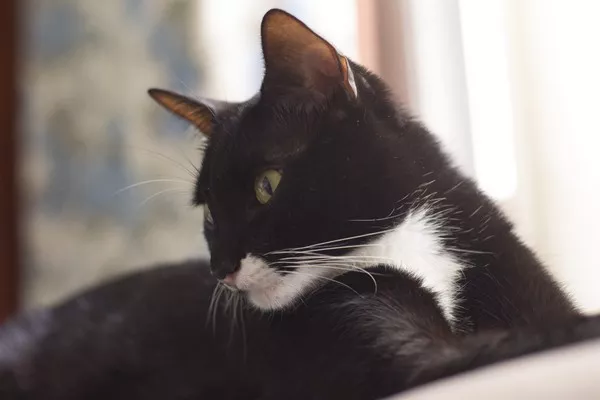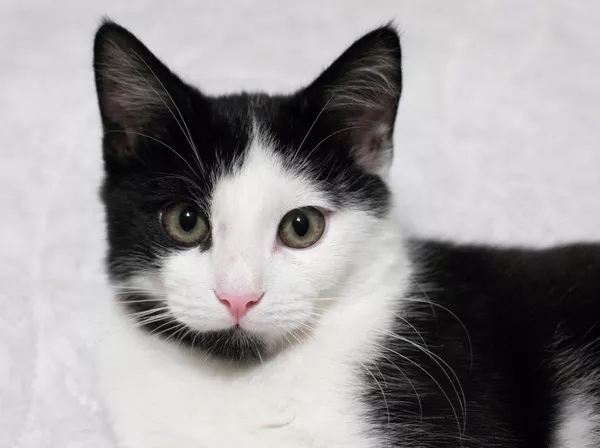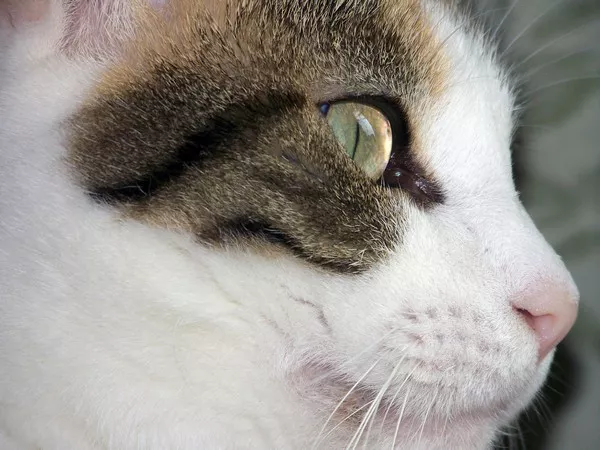Egyptian Mau cats, with their elegant appearance and fascinating history, have captured the hearts of cat lovers worldwide. One common belief surrounding this breed is that they are hypoallergenic, meaning they produce fewer allergens and are more suitable for individuals with allergies. In this article, we explore the truth behind the hypoallergenic claims associated with Egyptian Mau cats. By understanding the factors that contribute to allergies in cats, the specific characteristics of Egyptian Maus, and the science behind hypoallergenic claims, we can gain a clearer perspective on the topic and help individuals make informed decisions when considering an Egyptian Mau as a hypoallergenic pet.
Understanding Cat Allergies
a. Allergenic Proteins: The primary cause of cat allergies is a protein called Fel d 1, which is found in a cat’s saliva, dander, and urine. These allergenic proteins can trigger allergic reactions in sensitive individuals, leading to symptoms such as sneezing, itching, and respiratory issues.
b. Individual Sensitivity: Allergies to cats vary among individuals, and sensitivity to allergenic proteins can range from mild to severe. Some individuals may react strongly to even small amounts of the allergens, while others may have minimal or no allergic reactions.
c. Allergen Distribution: Cat allergens are lightweight and can easily become airborne. They can be found on surfaces, furniture, and even in the air, making it challenging to completely eliminate exposure.
Characteristics of Egyptian Mau Cats
a. Coat Characteristics: Egyptian Mau cats have a short to medium-length coat with a silky texture. Their coats are dense and require minimal grooming compared to long-haired breeds. However, it’s important to note that the length of a cat’s coat does not directly correlate with allergenic potential.
b. Saliva and Grooming Habits: Allergenic proteins are primarily present in a cat’s saliva. When cats groom themselves, they spread saliva on their fur, which then dries and becomes dander. While Egyptian Mau cats are known for their cleanliness and grooming habits, they still produce allergens through their saliva.
c. Dander Production: While Egyptian Mau cats may produce less dander compared to some other breeds, it’s important to understand that dander production alone does not determine hypoallergenic qualities. Other factors, such as the level of allergenic proteins in the saliva, also contribute to the potential for allergic reactions.
The Science Behind Hypoallergenic Claims
a. No Completely Hypoallergenic Cats: It is crucial to clarify that no cat breed is entirely hypoallergenic. While some breeds may produce fewer allergens or cause milder reactions in allergic individuals, complete allergen elimination is not possible.
b. Fel d 1 and Allergen Levels: Studies have shown that the levels of Fel d 1 allergenic protein can vary among individual cats, regardless of breed. Some Egyptian Mau cats may produce lower levels of Fel d 1 compared to other breeds, but this does not guarantee that they are hypoallergenic or suitable for all individuals with allergies.
c. Individual Allergic Reactions: Allergic reactions are highly individualized, and different individuals may have varying responses to different cat breeds. While some people may find Egyptian Maus to be more tolerable due to potential lower allergen levels, others may still experience allergic symptoms.
Managing Allergies and Living with Egyptian Mau Cats
a. Allergy Testing: Before bringing an Egyptian Mau cat into your home, consider undergoing allergy testing to determine your specific sensitivities. This can help you gauge your reaction to different breeds and make an informed decision about cat ownership.
b. Reducing Allergen Exposure: While no cat can be completely allergen-free, there are steps you can take to reduce allergen exposure. Regular grooming, frequent vacuuming, using HEPA air purifiers, and designating cat-free zones in your home can help minimize allergen levels.
c. Consultation with Allergists: Seeking guidance from allergists or medical professionals who specialize in allergies can provide valuable insights and personalized advice based on your specific allergies and sensitivities.
d. Personal Interaction: Spending time with Egyptian Mau cats before committing to ownership can help gauge your individual reaction. Some individuals with allergies may find that they can tolerate certain cats or develop a tolerance over time.
Responsible Breeding and Allergen Management
a. Breeding Practices: Responsible breeders prioritize the overall health and well-being of their cats. While they may aim to produce cats with lower allergenic potential, they should not make false claims about a breed being hypoallergenic. Ethical breeders focus on the breed’s standard traits and work towards improving overall health, temperament, and conformation.
b. Allergen Management Programs: Some breeders engage in allergen management programs, which aim to reduce allergen levels in cats through selective breeding. These programs involve monitoring allergen levels and considering breeding cats with lower Fel d 1 production. However, these efforts are still in the early stages, and more research is needed to determine the effectiveness of such programs.
Conclusion
While Egyptian Mau cats may produce fewer allergenic proteins compared to some other breeds, it is important to recognize that no cat is entirely hypoallergenic. The levels of Fel d 1 allergenic protein can vary among individual cats, regardless of breed, and allergic reactions are highly individualized.
Individuals with allergies should undergo allergy testing, consult with medical professionals, and spend time with Egyptian Mau cats to assess their individual reactions. Reducing allergen exposure through grooming, cleaning, and using air purifiers can help manage allergies in the presence of cats.
Responsible breeding practices focus on the overall health and well-being of cats, and while some breeders may engage in allergen management programs, the efficacy of such programs is still being explored.
Ultimately, individuals with allergies should approach cat ownership with caution and seek guidance from medical professionals to determine the best course of action. By understanding the limitations of hypoallergenic claims and taking appropriate measures, individuals can make informed decisions about living with Egyptian Mau cats while managing their allergies effectively.

